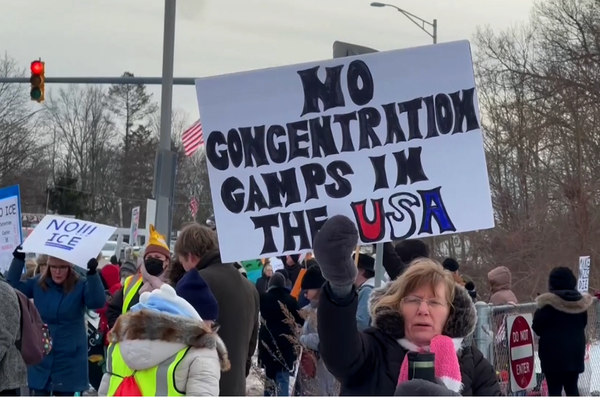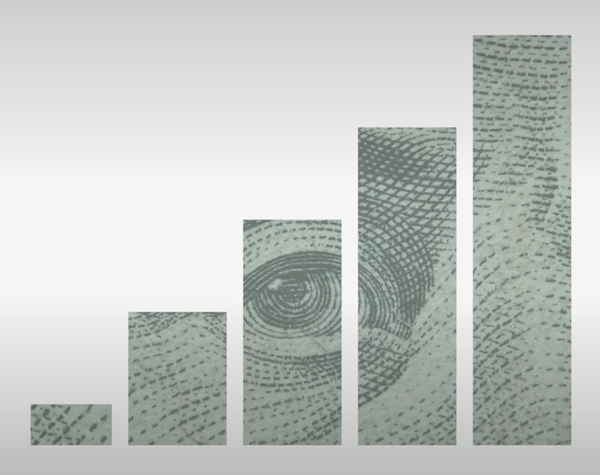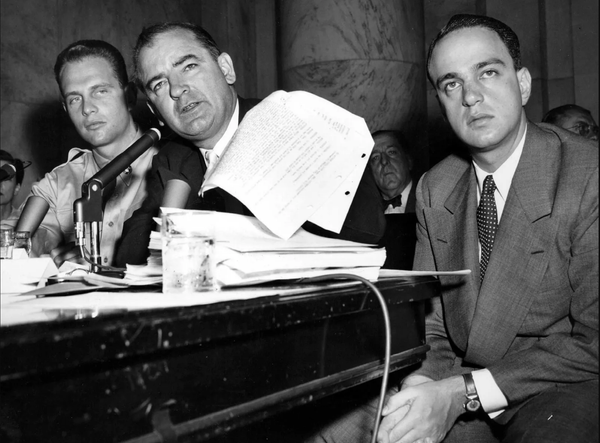When Trump Demands Sacrifice, It Doesn't Go Well
A lesson from the pandemic for our tariffied times
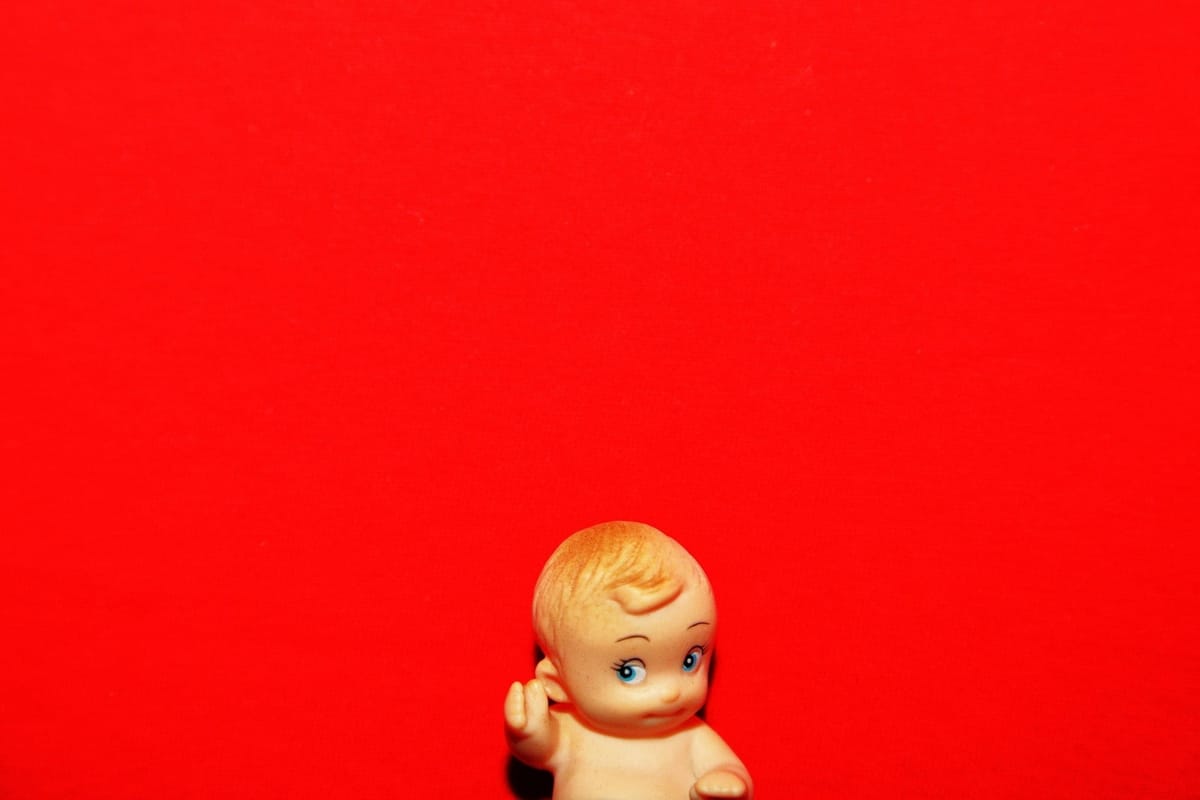
The fifth anniversary of the start of the Covid pandemic has generated much analysis. One under-remarked-upon lesson? When Trump and MAGA demand sacrifice on behalf of the economy, it doesn't go well.
The Pandemic Lesson
In an April 2020 speech, Trump proclaimed, "We’re in the midst of a great national struggle, one that requires the shared sacrifice of all Americans." His example of the type of "patriotism and citizenship" he was looking for as a mysterious, deadly virus spread? Big banks lending to small businesses.
But by this time, MAGA's calls for sacrifice had already taken a much darker turn. The most notorious plea came from Texas Lt. Gov. Dan Patrick, who asked, "[A]s a senior citizen, are you willing to take a chance on your survival in exchange for keeping the America that all America loves for your children and grandchildren?'" This martyrdom by the elders wasn't meant to preserve life or liberty but businesses fueled by the pursuit of happiness sans social distancing.
Young or old, it was time – in March 2020 – Patrick said, to "get back to work": As NBC's Celia Viggo Wexler explained:
"The Republican politician was riffing on a theme that President Donald Trump has been hammering at this week, framing the dilemma posed by the coronavirus as either save the entire U.S. economy or tolerate a few more deaths. 'We cannot let the cure be worse than the problem itself,' Trump tweeted."
Brown University's Catherine Lutz and I wrote in May 2020 that the gruesome idea that death was a necessary cost of economic health was, through repetition by right-wing pols and media, being normalized:
"...the notion that virus victims are the sick and the old—those who die all the time—is all part of normalizing the untimely, devastating, lonely deaths of productive, well-loved people. It’s part of why after just a few weeks of these normalization attempts, former New Jersey Governor Chris Christie can feel free to demand Americans accept premature reopenings, bound to increase daily deaths, as an inevitability to be embraced as a cost of maintaining the 'American way of life.'”
About 70,000 people had died in the US when we wrote this. That number now totals over 1.2 million as the fatality rate per capita in the US outpaced all other developed nations. Many millions more have suffered from Long Covid. It was worse than we expected when we warned:
“See, this is the problem with normalizing deaths: it allows more deaths. It makes it easier for the horrors of virus deaths to fall off the broadcast news chyron, to divert resources away from public health and for future politicians to treat the next pandemic even more glibly.”
Unfortunately, this future arrived so fast we didn't have to wait for new politicians. We got a second Trump Administration, which has begun "gutting public health infrastructure" through mass layoffs, withdrawing from WHO, and defunding the CDC and the NIH. It has installed virus and vaccine misinformers, most notably RFK Jr., to run the agencies it wants deformed. Trump has also appointed some of same people who seemed eager five years ago to trade-off lives for dollars — such as Dr. Mehmet Oz — in positions where they can do great harm.
The New "Emergency"
Now, Trump and his MAGA cronies are making a round of new calls for Americans to make sacrifices for the future based on an "emergency," this time of his creation.
Last month, the man who suggested disinfectant as a Covid cure compared his tariffs to good medicine. “Sometimes you have to take medicine to fix something,” Trump said, suggesting Americans should swallow market losses he spooned up for us on "Liberation Day." Howard Lutnick, Trump's Commerce Secretary suggested forcing small businesses, workers, and households through a tariff-caused recession would be "worth it." This past weekend, Lutnick told those with livelihoods threatened by Trump's tariff wars to grin and bear it:
Lutnick on his message to dockworkers who are out of work: "You should be very optimistic and positive, because the president truthed it out, and I rely on the president."
— Aaron Rupar (@atrupar.com) 2025-05-11T13:44:02.966Z
Even Bill O'Reilly is chiming in. Yes, that Bill O'Reilly, who in 2020 suggested that most of those dying from Covid "were on their last legs anyway," so their sacrifice wasn't much of a sacrifice at all. Here he is talking to Chris Cuomo:
The last time that Trump told us to sacrifice for the economy, many lives were unnecessarily lost. Now that he’s telling us to surrender our financial health and household needs for the economy, we should also expect the worst.
The Media's Role
As they did during the pandemic, Trump's most outrageous comments are generating media attention. So it is with his recent demands for sacrifice from children, which he reiterated bizarrely to Kristen Welker on Meet the Press :
I don’t think that a beautiful baby girl needs — that’s 11 years old — needs to have 30 dolls. I think they can have three dolls or four dolls because what we were doing with China was just unbelievable. We had a trade deficit of hundreds of billions of dollars with China.
Focusing on ridiculousness like this has the potential to help turn public opinion further against Trump's damaging economic policies. Parents working to make ends meet, some of whom voted for Trump because he promised to cut inflation, don't want to hear they don't need basics such as "the thing you carry the baby around in."
At the same time, Trump's most absurd and laughable comments during the pandemic were often swiftly sanitized and reiterated by his appointees and supporters. So we see Treasury Secretary Scott Bessent mopping-up in the children's aisle:
“I would tell that young girl that you will have a better life than your parents,” Bessent said, during an appearance on Fox News Tuesday night. “That you and your family, thanks to President Trump, can now be confident again that you will have a better life than your parents, which, working-class Americans had abandoned that idea.”
Just as Grandma and Grandpa were supposed to risk a deadly illness on behalf of America's kids, Mom and Dad are to manage budgets made impossible to secure their progeny's future. Right-wing media is again ready to deliver this message in a less offensive way. So while the New York Post joined in on the mockery of Trump's doll comments, they also highlight that products from China are "cheap," and FoxNews wants its readers to know that "Americans" are ready "to have less in order for Trump to get the US economy back on track."
And there is danger that coverage outside the right-wing media juggernaut can soften the edges on the absurdity and irrationality, as does Business Insider's recent headline, which begins, "Trump suggested kids have too many dolls. He may be right but..." Even pieces meant to help consumers weather the tariffs can soften Trump's weird and harsh messaging in service of chaotic moves that most economists agree are calamitous.
Has legacy media learned the lesson Margaret Sullivan gave in the Washington Post in May 2020? As she put it, “The media’s role in Trump’s plan-without-a-plan? Well, he’s counting on us to regurgitate and magnify his message — and in doing so, make people begin to shrug off the daily horrors as inevitable.”
We can hope some outlets have, though news organizations are under greater political pressure now to pursue the kinds of false balance or bothsidesism that has been to Trump's advantage for the past decade. One sad example:
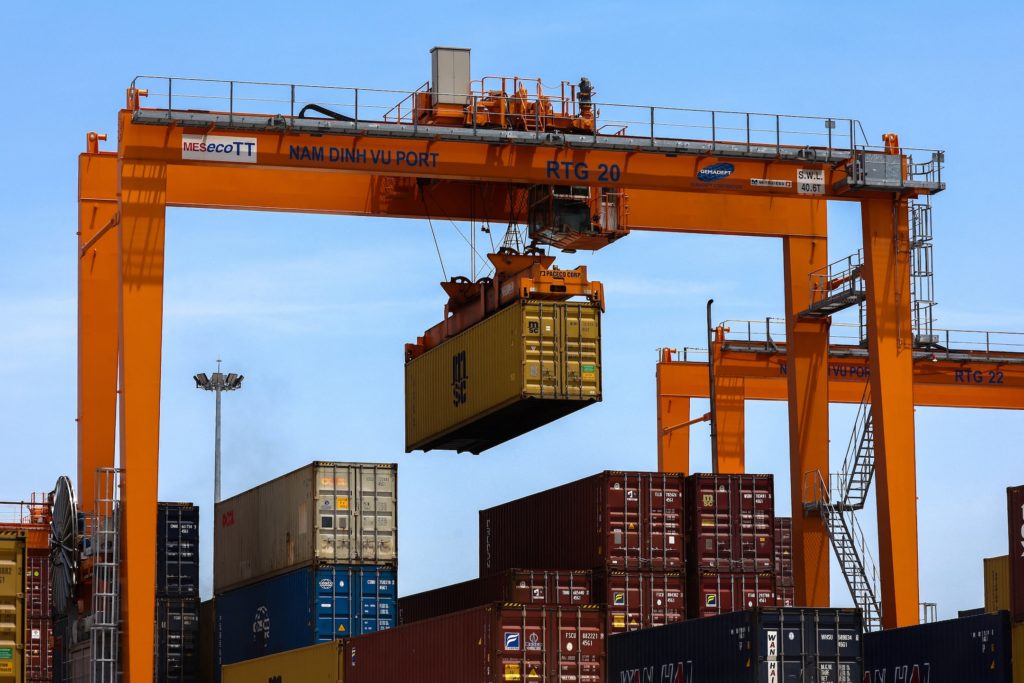
And as Tim Miller highlighted on The Bulwark Podcast this week, Trump continues to benefit from "doing extremely crazy things that are..way beyond the pale and bringing them back to, like, modestly crazy."
It's worth remembering — as Trump & Co. tell the public to skimp on purchases for their children and to huff hopium while losing their small businesses and jobs— that the last time they told us to sacrifice for the “country,” it ended with over one million dead and anti-scientists in charge of public health. In between, we were grateful when Trump stopped talking nonsense about bringing "light inside the body," but now he's given us an HHS head who views and argues for treating Americans with autism in ways that oil "'a slippery slope to eugenics.'"
Economists can forecast some of where Trump's tariffs could bring us: one is a long-term reduction in economic activity that hits families hard and now and well into the future. But what Roosevelt Institute's Todd N. Tucker described as "the arbitrary and unreasonable nature of the policy" should create more alarm now that we see public health in the hands of arbitrary and unreasonable people. How much damage can Trump do to the economy? He's just getting started.
Americans should not have to accept the pain Trump brings upon them. Journalists and pundits can help by avoiding playing into the suggestion that they should accept it or that the pain may be short-lived or that Trump will come to his senses or that his policy could work if only.
The notion that citizens must sacrifice for Trump's bad and erratic decisions should be rejected entirely. It is derived from the falsity that Trump is responding to a state of emergency when he is instead abusing the president's emergency powers. His tariff war is not a war nor is it a thing winnable by the suffering of ordinary citizens from the whims of a tarrifying despot.

